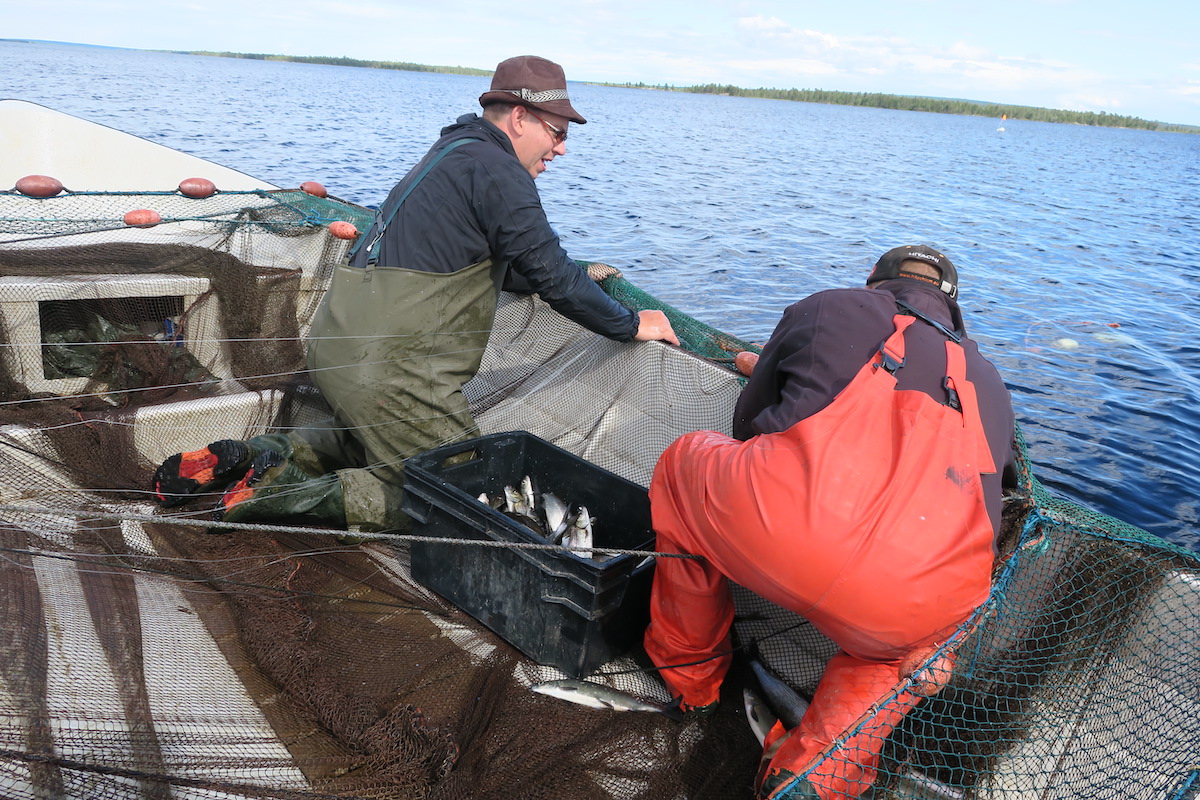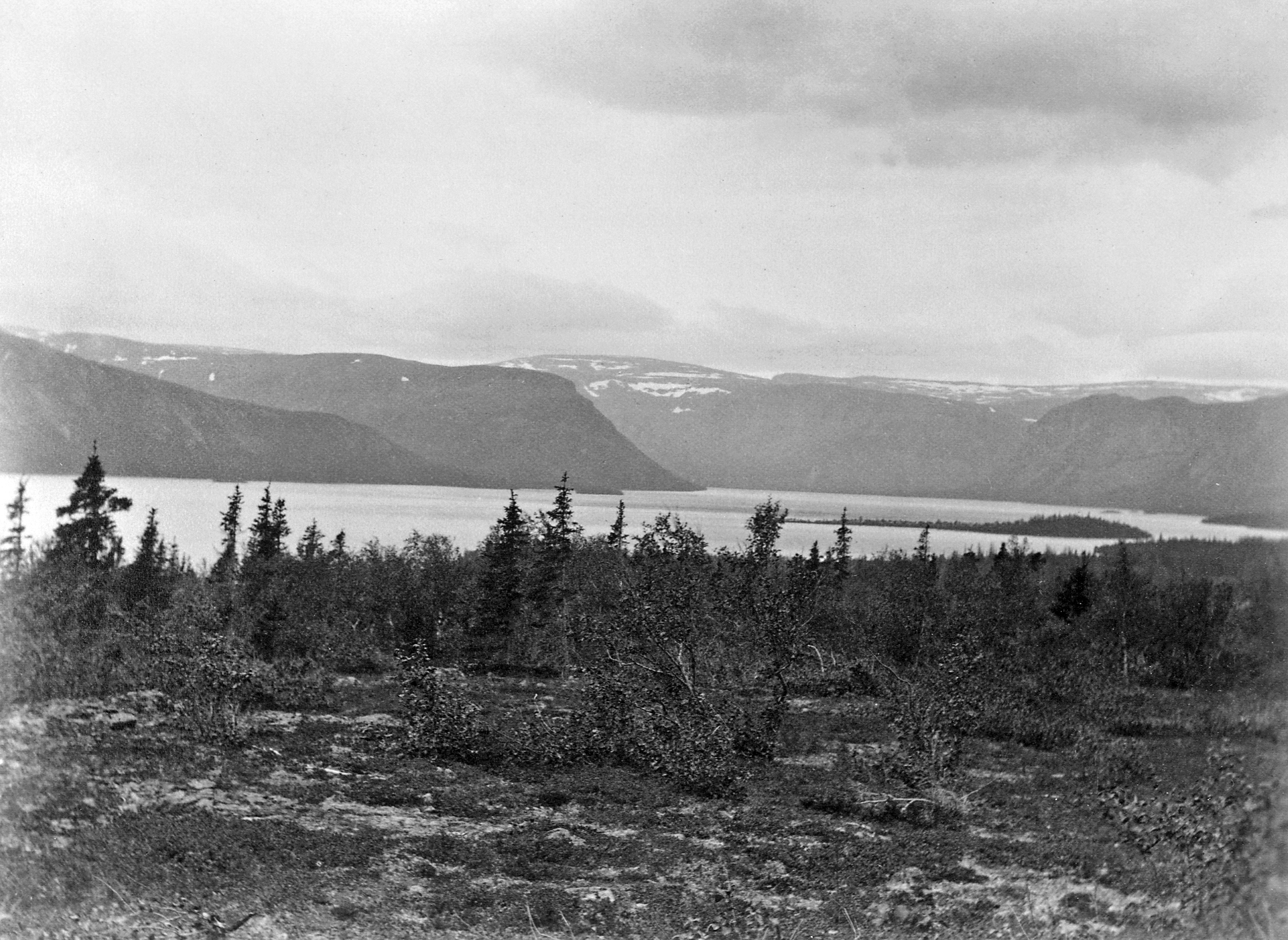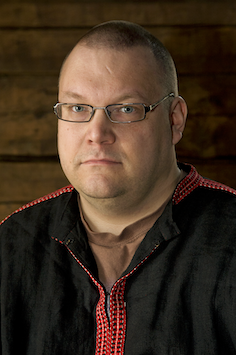Busy Summer For The Arctic Passion Pilot Services
by Tero Mustonen, Snowchange | Published: 04-Aug-21 | Last updated: 04-Aug-21 | Tags : Fieldwork ILK PilotService | category: NEWS
Since the inception of Arctic PASSION on 1 July, its Pilot Service 1 Team has been fully active, meeting local communities across the Arctic.
“We could not afford to “lose” the summer season in the north as it is short and intense but offers the possibility to access many communities that are inaccessible in other seasons”, says Tero Mustonen, who is leading the work package on the Pilot Services. According to him, ”Indigenous knowledge, local knowledge and science are complementary and together can raise our understanding to a more meaningful and relevant level for the benefit of local communities and for science.” The newly appointed local Arctic PASSION coordinators have started to review the marine environmental issues in Alaska as well as caribou situation and the terrestrial changes in Dease Lake, Canada. They are engaging with the tribal entities to inform the people in the villages on the coming 4 years ahead, now that the advent of COVID vaccinations has created some breathing space to meet with local communities. As a backdrop to this, July 2021 started with dramatic temperatures increases up to 49.6 oC in Lytton, British Columbia with the heatwave stretching all the way to Yukon and Northwest Territories, affecting many communities with the situation further complicated by the spread of several devastating wildfires. In Western Greenland, local Arctic PASSION coordinator Halfdan Pedersen met hunters and fishermen in Attu, and received some early photography evidence of the spring and early summer effects on marine environments. Currently, the mechanism for conveying the consequences of past environmental change is being discussed in the region by Arctic Passion. |
Tero Mustonen ©Snowchange 2021 |
In Finland, a large wilderness study trip and community observations were collected throughout July. These activities included:
• The first ever combined Indigenous knowledge and science measurements for microplastics in the river Näätämö,
• A visit to the remote Lake Lijärvi to study water levels and quality assessment,
• A review of whitefish (coregonus) harvests using fish traps and Indigenous knowledge on Lake Inari and Lake Nitsijärvi, and
• Observations on the community fisheries on Lake Kirakkajärvi, with Elder Risto Semenoff, to detect the presence of whitefish and European perch stock as a baseline.
These activities were also featured by UK Channel 4 news with interviews of the Sámi people and footage from the fieldwork.

Harvesting whitefish in Lake Inari in summer 2021. ©Snowchange 2021
An extensive monitoring mission was also carried out by the teams in the remote communities of Krasnochelye, Chalme-Varre and Kanevka, along the Ponoi River in Murmansk region, Russia, from July to August. These visits included documentation of oral histories of the villagers regarding Atlantic Salmon, environmental change and surveys of fisheries. Additionally, over 100 hours of HD video was collected from the wilderness communities along the Ponoi River.

This 100 year old photo from Murmansk will be used for comparison when assessing environmental changes in the region. ©Snowchange 2021
The first expedition is currently in preparation and helicopters have been reserved to visit the Taiga camps around Lake Numto, the sacred lake of the Khanty people in Khanty area in Russia. The work will include collaboration with four nomadic families as the first step.
Teams have visited reindeer brigades and tundra sites to prepare and to document summer permafrost levels, water levels and the fire situation in Kolyma, in Far East Russia. In the latter half of July, the overall forest fire situation in Sakha-Yakutia deteriorated rapidly with over 1 million hectares on fire, As a result, the team in Kolyma is monitoring the safety and concerns of the communities closely. Photographs of the first-ever tundra fires from 2020 have been collected and stored into the Event Database materials to offer the visualization of the first ever fires to have reached so far north.
The Pilot Service will be the first-ever Arctic ‘Event Database of Community Based Monitoring Using Oral Histories and Indigenous Knowledge and Local Knowledge (ILK) co-developed with Arctic communities from the Northern Boreal and Arctic zones. The focus is on ecosystem processes and changes of significance (‘Events’), both past and present, using data gathered in partnership with Indigenous co-researchers. The Event Database will consider different temporal, linguistic and spatial scales and dimensions, including those unique to ILK, in order to strengthen and diversify monitoring capacity and to shed new interpretive light on change.

